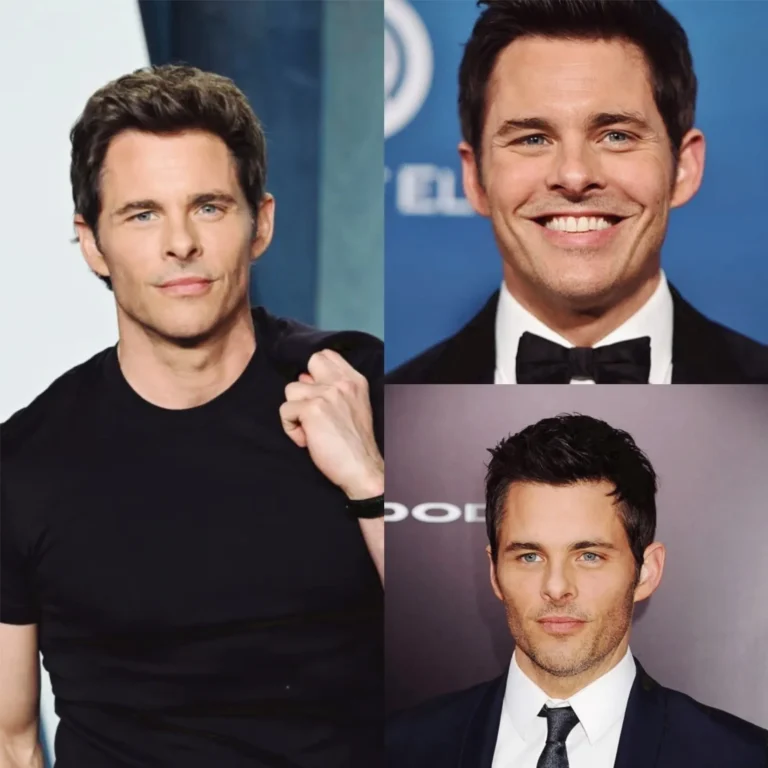
Ed Sheeran pursued a lengthy legal battle concerning allegations of copyright infringement. On November 1, a federal appeals court issued a final ruling stating that Ed Sheeran’s 2014 song “Thinking Out Loud” did not violate the copyright of Marvin Gaye’s classic “Let’s Get It On,” officially closing a case that had remained unresolved despite Sheeran’s court victory last year.

In a 28-page decision, a panel of three judges from the U.S. Court of Appeals for the Second Circuit in New York upheld the lower court’s ruling. They stated that the copyright for “Let’s Get It On” (1973) is limited to the sheet music submitted to the U.S. Copyright Office. As such, additional musical elements in the recording, including the song’s iconic guitar, drum, and bass lines, are not protected by copyright.
The court also dismissed arguments from Structured Asset Sales, a music investment company holding an 11.11% stake in “Let’s Get It On,” which claimed that the song’s four-chord pattern was unique enough for copyright protection. The judges argued that not only is this chord pattern common in many songs, but its “selection and arrangement” in a syncopated style is also not original. “Basic elements of music, like notes, rhythm, and chords, are generally not copyrightable,” the judges wrote.

This appeal had been closely watched by copyright scholars who criticized the “sheet music” rule, arguing that it restricts copyright protections for older works to what is written rather than what is recorded, which they view as outdated in the modern music era. This rule was established by the 1909 Copyright Act.
The lawsuit was initially filed last year by the heirs of Ed Townsend, co-writer of “Let’s Get It On” with Marvin Gaye. A central issue in the case was determining exactly which elements of “Let’s Get It On” were protected by copyright and whether that protection was based solely on the sheet music or could also include elements from Marvin Gaye’s famous recording.

The district judge referenced a similar case in California involving Led Zeppelin’s “Stairway to Heaven,” ruling that only the sheet music submitted for copyright is part of the copyright. An amendment to copyright law in 1978 allowed composers to submit recordings for copyright registration, but this did not apply to “Let’s Get It On.” Ed Sheeran’s attorneys also argued that the syncopated chord progression in “Thinking Out Loud” predates “Let’s Get It On” and is too general to be copyrighted.




